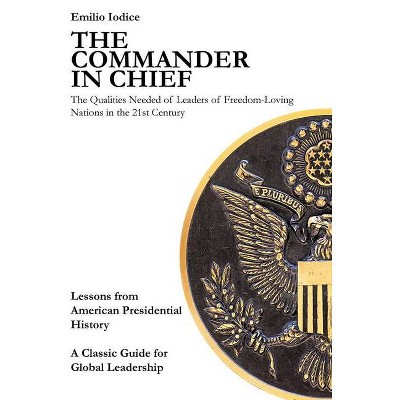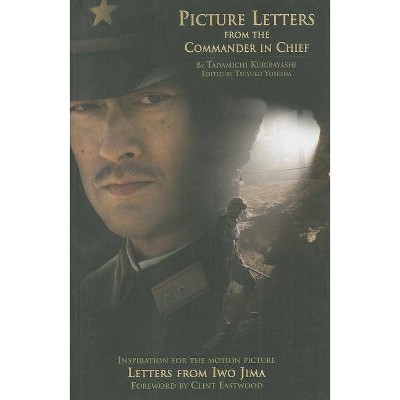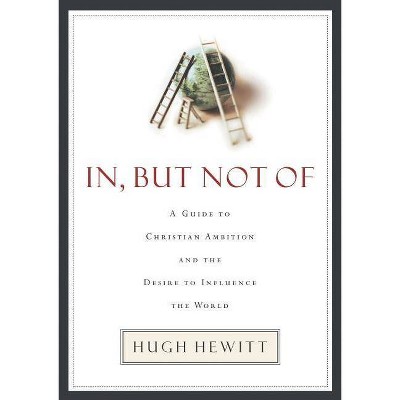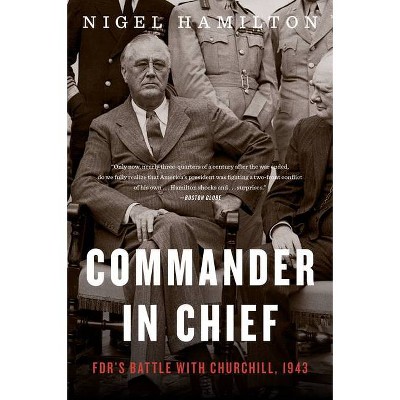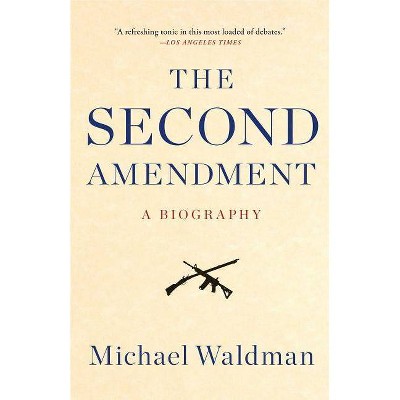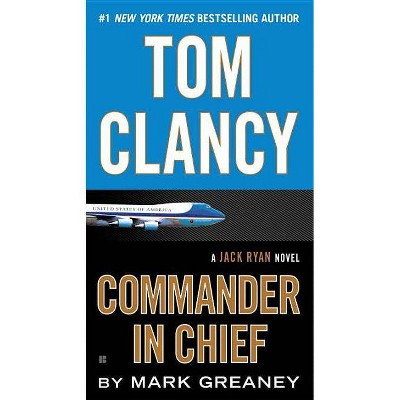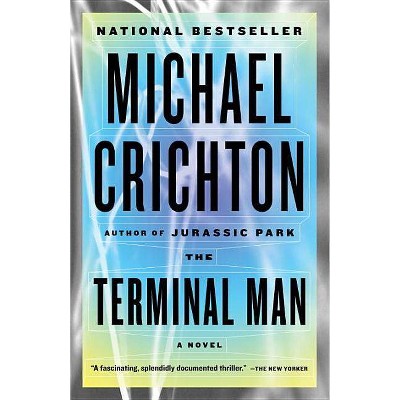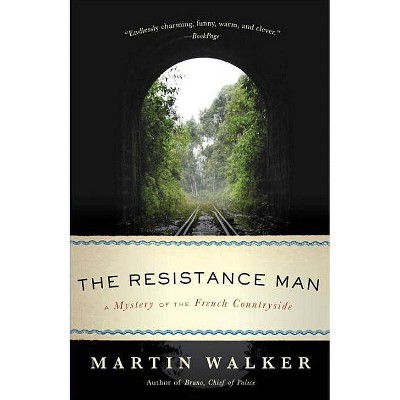Second to No Man but the Commander in Chief, Hugh Mercer - by Michael Cecere (Paperback)
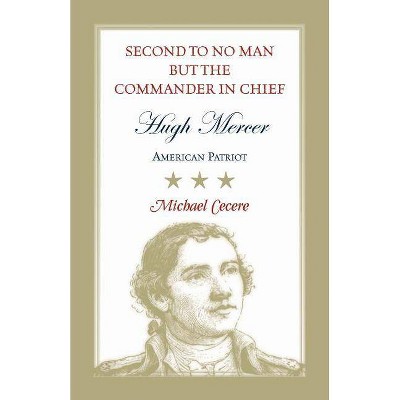
Similar Products
Products of same category from the store
AllProduct info
<p/><br></br><p><b> About the Book </b></p></br></br>This book seeks to chronicle Mercer's life and service.<p/><br></br><p><b> Book Synopsis </b></p></br></br><p>In [General Mercer's] Experience and Judgment you may repose great Confidence.-- George Washington, July 6, 1776. General George Washington's positive assessment of Hugh Mercer was based on their nearly twenty year acquaintance and friendship, a relationship that began in the French and Indian War. Both men commanded provincial units; Washington led Virginians and Mercer, Pennsylvanians. Unlike Washington, however, Mercer was not a native of the American colonies. He fled to Pennsylvania from Scotland in 1746 after the Battle of Culloden (part of an unsuccessful Scottish uprising against King George II). Mercer, who had studied medicine in Scotland, settled in the Pennsylvania frontier to avoid possible arrest for his participation at Culloden. When the French and Indian War erupted nearly a decade later, Mercer's neighbors tapped him to command a company of militia. Mercer quickly rose in the ranks and eventually commanded a battalion of Pennsylvania provincial soldiers as well as the garrison at Fort Pitt (captured Fort Duquesne). After seven years of military service, Mercer was discharged from the Pennsylvania Regiment in 1761 and settled in Fredericksburg, Virginia. He married, raised a family, and established a very successful medical practice. When the decade long political dispute with Great Britain turned violent in 1775, Virginia's political leaders considered Hugh Mercer for command of one of Virginia's two regiments of regular troops. After two close ballots, the Virginia Convention opted instead to appoint Virginia natives Patrick Henry and William Woodford to command. Mercer was selected a few months later to command the 3rd Virginia Regiment, but six months after his appointment the Continental Congress elevated him to the rank of Brigadier General in the Continental Army and he left Virginia to assume command of the newly formed Flying Camp in New Jersey. While he served in the northern theatre, Mercer played a critical role in the battles of Trenton and Princeton, two battles that helped save the American army and American independence. Sadly, General Mercer did not live to see the victorious end to America's struggle; he was mortally wounded at the Battle of Princeton in 1777. Congress honored Mercer with a statue that still stands in Fredericksburg and several townships and counties have honored his memory by taking his name. This book seeks to chronicle Mercer's life and service and in doing so validate the observation of Major James Wilkinson, a veteran of the Revolutionary War, who wrote that: In General Mercer we lost a chief, who for education, experience, talents, disposition, integrity and patriotism, was second to no man but the commander in chief, and was qualified to fill the highest trusts of the country. An appendix with a transcript of Mercer's Last Will and Testament, maps, a bibliography, and, an index to full-names, places and subjects add to the value of this work.</p>
Price History
Price Archive shows prices from various stores, lets you see history and find the cheapest. There is no actual sale on the website. For all support, inquiry and suggestion messages communication@pricearchive.us

